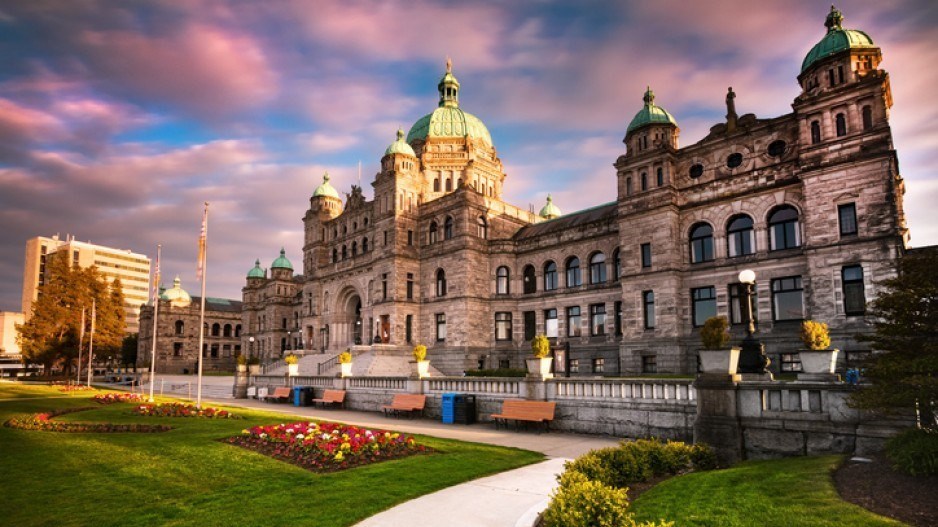It’s that time of year when predicting the future is in vogue and I’m asked about the expectations, fears and dreams of the business community. With the looming threat of Donald Trump’s tariffs, we can add nightmares to the list.
The prospect of a 25-per-cent tariff on Canadian exports to the U.S. would be bad enough if we had national leadership with a strong mandate from Canadians. Instead, we have a resigned prime minister and a prorogued parliament.
University of Calgary economist Trevor Tombe estimates that a 25-per-cent across-the-board tariff could shrink Canada’s economy by two to three per cent and put 2.4 million jobs at risk. For B.C., the stakes are also high: We exported $30.4 billion in goods to the U.S. in 2023, representing 54 per cent of the province’s exports. About 10 per cent of all employment in B.C. is tied to these exports.
How would Trump’s tariff threats impact the province? Imagine you run a business selling clothing to the U.S., and suddenly your customers must pay more because tariffs increased the cost of buying your products. They’ll likely buy less because of the price increase, forcing you to cut back on purchases from suppliers and lay off staff. Fewer jobs mean people have less to spend at local shops, restaurants and cafés, creating a ripple effect across the economy. Governments collect less taxes, charities receive fewer donations and public services come under more pressure. In other words, tariffs wouldn’t just hurt businesses, they would trigger a chain reaction affecting jobs, communities and economic growth.
Will this come to pass? It’s impossible to know, but online betting markets currently put the odds at 38 per cent. In the meantime, it’s important that Premier David Eby and other premiers across Canada are taking the threat seriously and working together to fill the leadership gap on the national stage.
What else are businesses worried about? The provincial budget on March 4. To avoid exacerbating the challenges outlined above, the budget needs to be boring—no tax increases, and no new policies that create even more uncertainty. This includes no tax increases for higher-income earners. Our top marginal tax rate of 53.5 per cent is already punitive and kicks in at a far lower level of income than in the U.S., making it difficult to attract and retain the top talent that helps B.C. innovate and create jobs.
On a more positive note, with large provincial and federal deficits and a clear need to improve the state of the economy, I predict that reducing unnecessary regulatory burdens will become more attractive for governments. This is good news for anyone dealing with government—whether it’s renewing a passport or navigating a major project approval. Even our health-care system can benefit. Doctors spend more than a day a week on paperwork. Eliminating the unnecessary portion would free up hundreds of thousands of patient visits in B.C. and millions across Canada.
The provincial government made an election commitment to review the ease of doing business in B.C. Done right, this could also prove to be a big lift. The province has a long track record of innovation when it comes to reducing unnecessary regulatory burdens while maintaining strong protections for what matters. Between 2001 and 2004, B.C. cut its regulatory requirements by one-third, becoming a model for jurisdictions around the world and boosting provincial economic growth by an estimated one per cent—small on paper, but significant in impact. The province’s commitment to maintaining this progress doesn’t get as much policy attention as it should. The upcoming review offers a great opportunity to build on that foundation.
No crystal ball is needed to see that 2025 will be rocky. What is needed, however, is all the stability and certainty we can get. While much is beyond our control, we can all support policies that will make things better at home—starting with a responsible provincial budget and prioritizing the ease of doing business review. We want businesses and top talent to stay with B.C. so the opportunities they create stay here, too.
Laura Jones is president and CEO of the Business Council of British Columbia.




